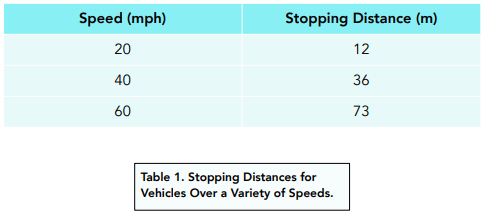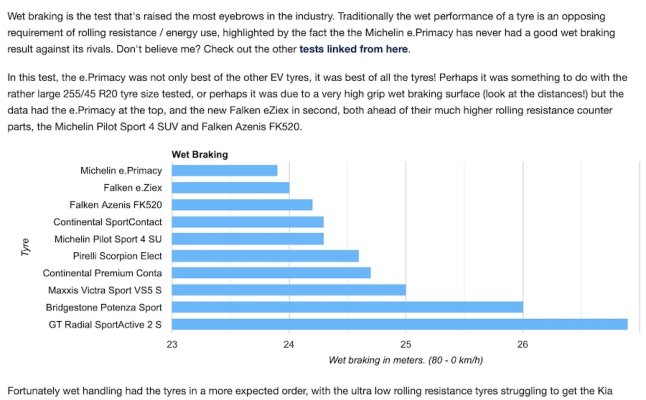MikeInWimbledon
Hardcore MB Enthusiast
- Joined
- Nov 8, 2014
- Messages
- 14,263
- Car
- SL350 (Ex S211 E500,W212 E500, C216, S212E500, W211E500 5.5, W221S500, S211 E500, SL500, S500, E55)
I see your point but around the school yard, it's not the technical limits that come into play, it's the "bloody hell, this thing brakes quick" element of what happens when someone hits the brakes in an EV.Most of the noise of a modern car is tyre noise anyway especially at high speed (90% plus of motorway noise is from the tyre/road surface interface)...or very low speed when an ICE is just above idle anyway....I cant see EVs as much more dangerous to pedestrians than ICE cars.
However is lots of reports on braking (see Google!) EVs take LONGER to stop than ICE vehicles not shorter........but only by a few feet. How powerful the brakes are on a modern car is irrelevant as all modern cars have the braking power to easily reach the tyre limits..........what determines how fast they stop is the tyre choice (EVs tend to come with tyres designed for high range rather than high grip!!), rear to front weight transference and the mass of the car.....which is why on average EVs take a little longer to stop.... there is just more to stop! If they were identical apart from having a battery motor then they would stop in the same time.

Why do electric cars have longer braking distances?
A reader is thinking of buying an electric car and wonders why they seem to have lengthy stopping distanceswww.whatcar.com
Coming off the berries and onto that barely used left hand pedal produces prodigious braking force.
But, as discussed earlier, the Rozzers and statisticians aren't reporting any kind of increased casualty numbers on suburban roads from BEV's and hybrids - as far as I'm aware.






